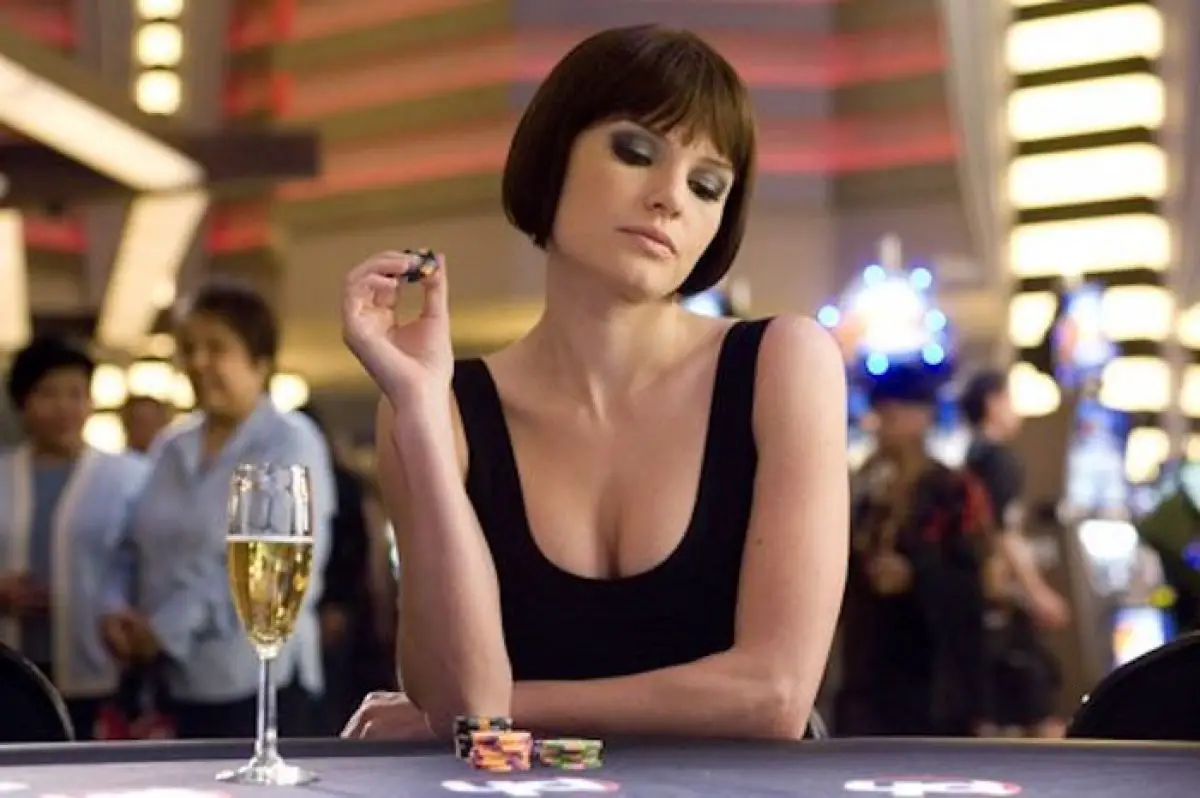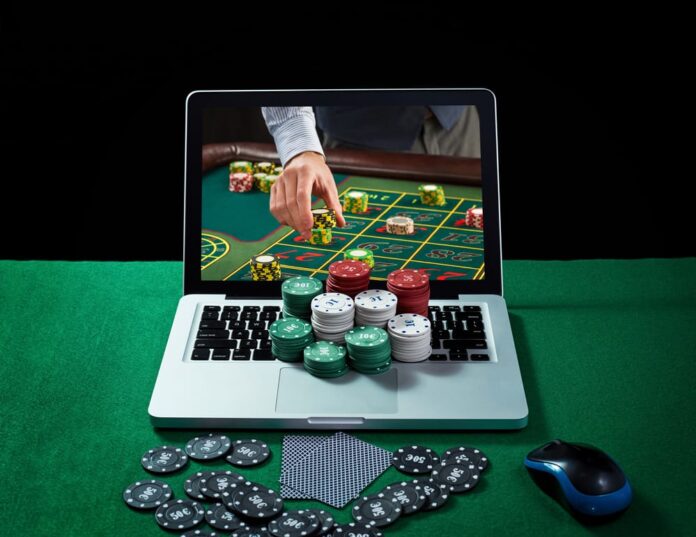In the vibrant world of casinos, where fortunes can shift in an instant, the allure of superstition reigns supreme. From the clinking of coins to the spin of the roulette wheel, gamblers often find themselves caught in a dance with fate—one that is intimately intertwined with an array of rituals, beliefs, and lucky charms.
For many, these superstitions are not mere quirks; they are vital elements that breathe life into the gaming experience. Whether it’s the whispered incantation of a cherished phrase before placing a bet or the careful selection of a “lucky” seat at the poker table, these practices add layers of meaning and personal significance to the gamble.
Why do some players wear the same pair of socks each time they visit the slot machines? What drives the belief that a specific number can bring success? As we delve deeper into the fascinating interplay between superstition and luck, we uncover not just the psychology behind these rituals, but also how they amplify the thrill of the casino experience, turning an ordinary game into a vibrant tapestry of hope, belief, and anticipation.
The Psychology Behind Gambling Superstitions

Gambling superstitions are a fascinating intersection of psychology and belief, where luck and outcomes intertwine in a dance that can deeply affect a players experience. For many, the thrill of the game is enhanced by rituals—touching a lucky charm, wearing a specific piece of clothing, or even whispering a mantra—that offer a sense of control in an unpredictable environment.
These behaviors stem from a psychological phenomenon known as cognitive bias, where players ascribe meaning to random events, connecting a win to a particular action. This belief in luck can create not only a heightened emotional state but also a community bond among players who share these rituals, fostering camaraderie and collective hope.
Yet, the darker side of this superstition manifests when it leads to distorted perceptions of risk and reward, causing individuals to chase losses or engage in behaviors that perpetuate a cycle of dependency. In this captivating landscape of chance, the superstitions gamblers embrace serve as both shields and shackles, coloring their narratives and ultimately shaping their casino journeys.
How Beliefs Influence Betting Behavior

Beliefs wield significant power over gambling behavior, often shaping how players approach their games. For many, the casino isn’t just a venue for games of chance; it becomes a canvas where personal superstitions and cultural rituals intertwine.
Gamblers might wear lucky charms, follow specific routines, or even choose certain seats at the table, convinced these practices will sway fortune in their favor. Such convictions can create a sense of control in an environment largely dictated by luck.
Moreover, the psychological impact of these beliefs can heighten excitement and engagement, as each roll of the dice or spin of the wheel transforms into a dramatic event, imbued with meaning. In this dance between faith and chance, the thrill of the gamble is elevated, making each session at the casino a deeply personal experience steeped in the magic of belief.
Common Superstitions Among Gamblers

Superstitions run rampant in the world of gambling, where belief and luck intertwine to create a mystique that can influence the outcomes of games. Many players have their own peculiar rituals: some insist on wearing lucky socks or carrying a cherished token, convinced that these items can sway fate in their favor.
Others might avoid particular numbers, like 13, believing it brings ill fortune, while others embrace them with fervor, thinking that deviating from the norm draws in luck. There’s the infamous practice of tossing salt over the shoulder for good luck and swiping a bit of the casinos carpet as a protective charm.
From shaking hands before a roll of the dice to double-checking for signs of good omens, these rituals create a personal narrative that not only enhances their gaming experience but also binds them to a shared culture of belief, where every moment is charged with potential and every gamble feels like a dance with destiny.
Conclusion
In conclusion, the intertwining of superstition and gambling behavior adds a fascinating layer to the casino experience, revealing how many gamblers seek out comfort and confidence in their rituals and beliefs. Whether it’s wearing lucky clothing, adhering to specific routines, or engaging with seemingly magical objects, these practices embody the hope and excitement that define the gaming experience.
Additionally, the allure of no deposit bonuses serves as a modern twist, allowing players to indulge in their superstitions while experiencing the thrill of the game without immediate financial risk. Ultimately, understanding these superstitions not only enriches the narrative surrounding gambling but also highlights the deep psychological connections players have with luck, chance, and the pursuit of fortune.




